While in middle school, at the age of 12, I showed my mother a book I was assigned to read that contained a curse word, playing on her religious and conservative nature, to get me out of doing my summer reading for school after she complained to the teacher.
I hated reading when I was younger because it seemed like I was being "sentenced to read" as a punishment or forced to read something of little importance to my interests. As I grew older, I began to understand the importance of reading for personal development, but I still felt that I didn't have enough drive or time to read. I also didn't know where to start and lacked a consistent habit of reading as I experimented with various books.
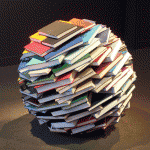
My interest initially sparked as I realized, no matter what, I could never read as much as I could potentially want to. If I started reading one book a week from age 21, or 52 books a year I would only have read 3068 – 3078 books by the time I was 80 years old, that's if everything goes smoothly. According to Google in 2010 there were 129,864,880 books published.
Realizing this, of course, created a sense of urgency, awareness, and appreciation for the vast amount of information the world has to offer. Even with this information I needed something deeper, I needed to reconcile with the younger me who despised books to uncover how I actually loved reading but was distracted from fulfilling this passion.
Motivation & Purpose
I thought back to things I enjoyed when I was younger. This kind of introspection allowed me to capitalize on passions I've had all along but for some reason or another I didn't connect to reading.
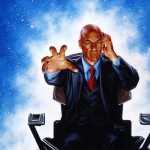
I enjoyed cartoons and comics that tested my imagination and intelligence. One of the shows I enjoyed watching was X-Men for it's depth of characters with abilities. Some characters that held my interest were Professor X and Jean Grey, who both had the ability to read the minds of other people and could control things with their minds, among other things. I also liked Rogue, who had the ability of power absorption which enabled her to absorb the powers, knowledge, talents of others and more. Later on in High School I got hooked to the show Heroes and my favorite character in the show was Peter Petrelli, who had the ability to absorb and use the powers of other evolved humans simply by being close to that person or touching them.
We cannot read minds but reading can bring us into the thoughts of past and current generations, unearthing endless knowledge passed down to us. All of this captured knowledge and history allow our minds to create things we could've never imagined before. The experiences, perspectives, feelings, ambitions, talents, history and cultures of people live on and are absorbed in us; we in turn transfer that knowledge to others. The invention of paper and the printing press fundamentally changed the course of history leading to the spread and acquisition of knowledge, which became both freedom and power. We have the power now to evolve even further intellectually as human beings. We don't have to live in a fantasy to do some pretty extraordinary things.
What are you curious about
Your curiosities and interests can guide you into finding out what you would enjoy reading. The days of being dictated what to read in school, don't last forever, and it took me too long to realize that I had a choice all along to discover the value of reading more of what I wanted to read.
Pick a theme
If you read mostly for entertainment or if a majority of what you read is fiction, then prioritizing the order and topic area of what you read may not be very necessary. It can be very helpful if you read a lot of non-fiction. When deciding what to read I look at areas in my personal and professional life that I want to learn more about and put to use soon.
Read what you can use
It helps your reading momentum if you read what you can put to use quickly. Before this step you should be observant and aware of areas in your life where opportunity for improvement can be made.
"You can slog through life making endless mistakes, wasting time and energy trying to do things from your own experience. Or you can use the armies of the past. As Bismarck once said, "Fools say that they learn by experience. I prefer to profit by others' experience." - The 48 Laws of Power
Process
Do I have time to read?
A more actionable question is whether you want reading to be a something you do more often. If it is, then reading is your priority and with limited time priorities should come first. Now your job is to build a habit or identity around being a reader.
Find opportunities to read
Reduce the time you spend watching TV or online content, so you have much more time for reading. While on public transportation I always try to get reading done, this makes traveling more of a time investment than a tax on time because I'm using it more productively.
Be consistent
Try setting aside small increments of time and small objectives like reading 5-10 pages a day and then work your way up if you do not have a consistent reading habit.
Find good books
It can be demoralizing when you read a bad book, but that shouldn't dissuade you from reading. Instead focus on having a better process for discovering good books. Places to discover books:
- Using Amazon as a book review search engine
- Using Goodreads to find people who share your interests to find books
- Finding book recommendations on Quora
- Blogs or comments on blogs you visit
- High quality podcasts also often recommend great books
Read multiple books spread out
If you find yourself hitting slow parts in a book or you're overly curious and want to read more varieties of books, you can try reading in a half cycle. This works by reading a book 50-60% of the way through and taking a break to switch to reading another book up to its 50-60% and then going back and finishing the initial book.
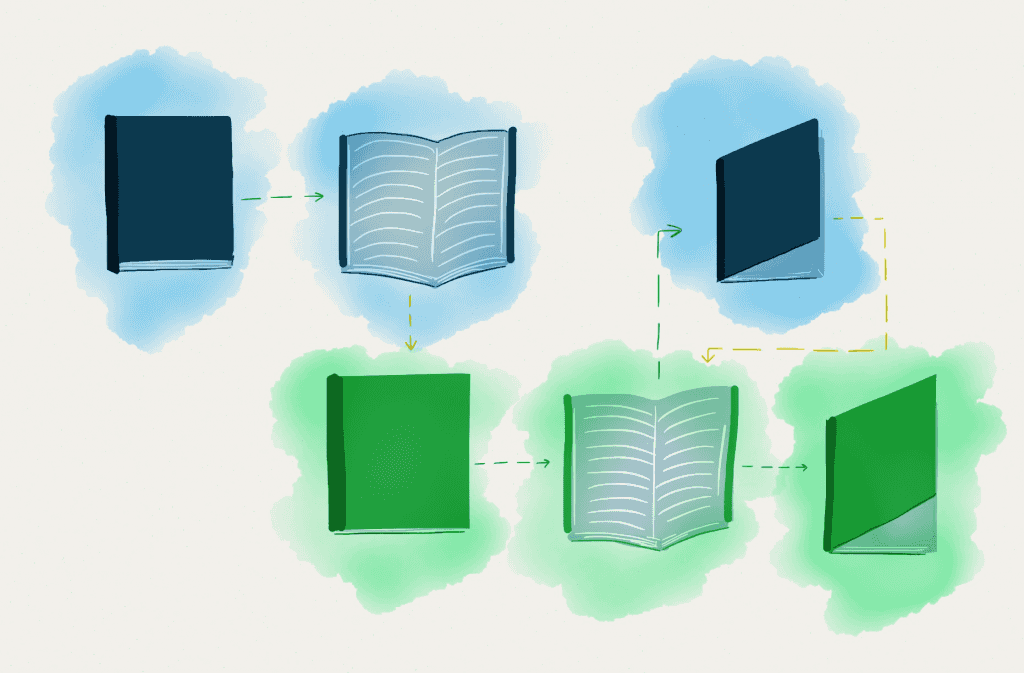
The benefits of doing this method will probably differ between individuals, but it helped me to psychologically develop a faster reading momentum. When I've read a book halfway and started a new book to get to it's halfway point, I go back and finish the 1st book and then finish reading the second book shortening my perception of the amount of time it took to read 2 books as the 2nd is partially completed. In most cases, I do well at selecting books that I would resonate well with and read them straight through, so this method is when I need an extra boost.
Physical, Electronic or Audio books
Discover which format works best for you. Different formats have standard pros and cons in addition to your own personal preferences.
Location & Situation
A majority of the books I currently own are in physical format, but I do see myself buying eBooks at a faster rate then physical books overtime because I use my kindle more during commutes and my overall travel time is increasing. I am most likely to read a physical book when at home. Audiobooks are another great alternative if your find yourself unable to be in a situation to sit down and read. Audiobooks are great for when you're out for a walk, working out, cooking or doing another task that requires some extra multitasking.
Energy
Another thing I've observed between the formats is that I tend to prefer different formats at different physical energy levels. At these particular energy levels it is preferable for me to read:
- High Energy : Ebooks
- Medium Energy : Physical books
- Low Energy : Audiobooks
Genres
Physical Books: I am most likely to read technical books, best sellers, design/art, philosophy and medium length books in physical formats.
Ebooks: Often books of very long or very small length, topic areas that I am curious about, but have little immediate working use for, fiction, self development, recent technologies, biographies, business and other experimental areas.
Audiobooks: Tend to be on history, biographies, finance, economics and books of long length.
Organization
One way I use trello is to plan what books I want to read in advance as well as organize the flow of books I'm currently reading. I have multiple lists and 3 main categories: Book considerations, up next, notes and 1 or more lists that are genre specific designated to books that I'm currently reading.
Book considerations: List of possible reading options from various recommendation sources that are at the judgment stage for possible purchase.
Up next: The benefit of having a card style interface like trello is its fluid, simple and flexible nature. My up next queue is constantly changing in priority based on how quickly I get through certain genres, increased priority in a relevant topic area, length of book relative to projected time available and other areas geared for optimal reading experience.
Notes: It is important for me to take notes or a summary of what I've read to help me remember what I've learned overtime. I migrate the cards of books I've read into this list and archive the card after I've completed the necessary notes.
Genre specific list: Having genre specific lists is a systemic way that I diversify the types of books that I read as well, and it guides me into reading multiple books in parallel based on using different devices and having varying energy levels or time available.
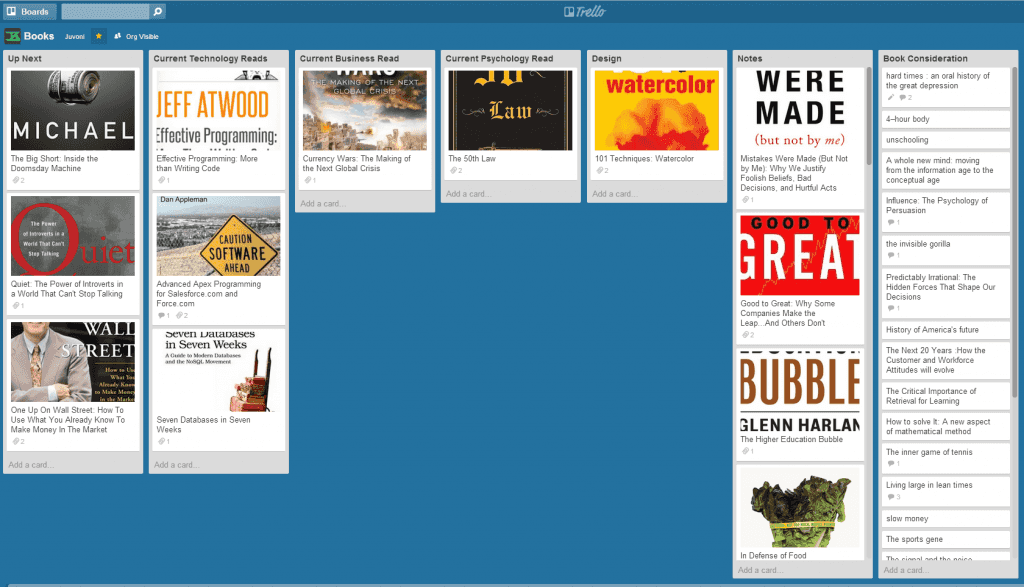
Update: Here is a post I wrote on Using Trello to Track and Manage your Reading.
Goodreads
You can use Goodreads to organize multiple bookshelves and track what your currently reading as well as discover new books from friends or people who share similar interests as you.
A decent alternative to Goodreads is LibraryThing and you can read a good comparison here.
I continue to use Goodreads because I believe it has better social integration.
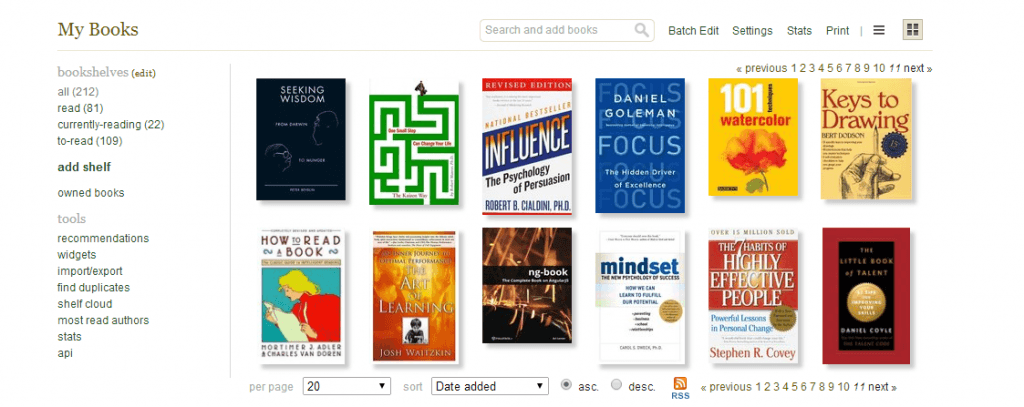
When to quit a book
If you are reading a book that you do not enjoy and it is fiction you should probably refer to some reviews on the book again to see if it gets better. If it's a negative consensus it may be a good idea to stop reading that book as time is limited. For non-fiction of books, if you chose a book for a particular purpose you should continue reading the book or if well organized sub-section read the sections you need.
Value
Remembering what you read Reading fast can be helpful, but comprehension is even more important. If you read a ton of books, but continue to forget the message or points of emphasis in the book, you might as well just read a summary snippet. Reading with understanding allows you to not only comprehend and actively engage in the the authors arguments, you can also connect stories and lessons in your own life and produce more actionable decisions in it.
Below is a chart from a Wired article which talked about using spaced reminders to help you retain more from a topic.
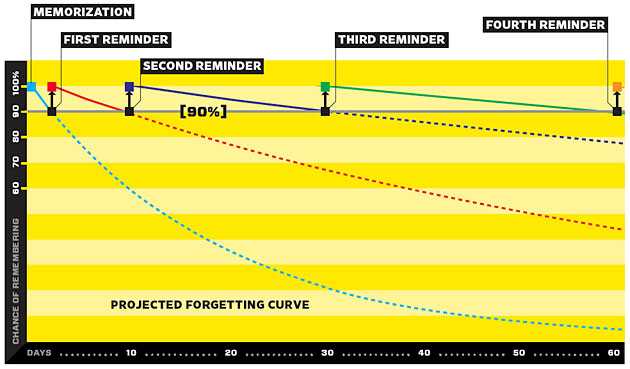 Source: Wired Magazine
Source: Wired Magazine
Shane Parish of Farnamstreet blog wrote a great post on methods he uses to take notes while reading to retain value.
Post-it Flags
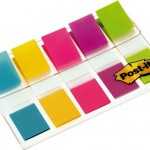
Using post-it flags is a great non-destructive way to make notes or mark areas of importance in books. You can even use a multi-color system to make areas of higher importance or that have special meaning.
The kindle has great highlighting, bookmarking and note taking functionality. You can also use Evernote to take notes and capitalize on its related notes functionality if you are a premium user.
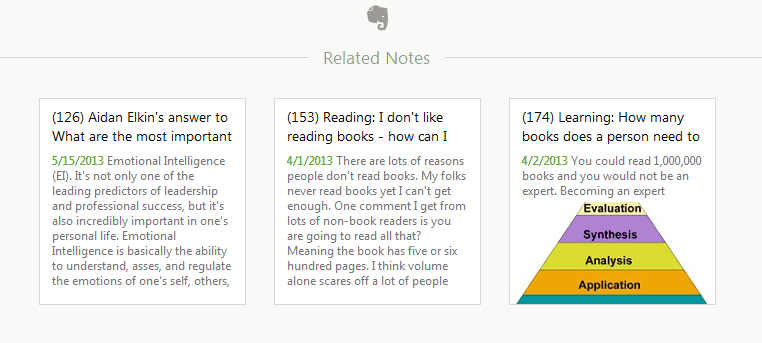
Share
Share what you learn from books with people you know or are acquainted with. It can also be helpful to publish reviews or blog posts on what you've read.
Do what you learn No matter how much you read, it still doesn't change the the fact that the world is meant to be experienced not just read about. Reading can help you understand the world around you but your experiences can help to create new stories and new books. There are plenty of inspirations and lessons passed down from generation to generation for you to read. So this wisdom can aide in helping you learn from the past to avoid making mistakes that could be avoided.
Read what you enjoy and are curious about using the many different reading device options there are to continue to grow as an individual to learn from the past and adapt to the future. By reading smarter you absorb more of what your read and well as increase the number of books you read overtime.
Good Luck!
Share or comment if you found value from this post or contact me with questions and suggestions.
#essays #goodreads